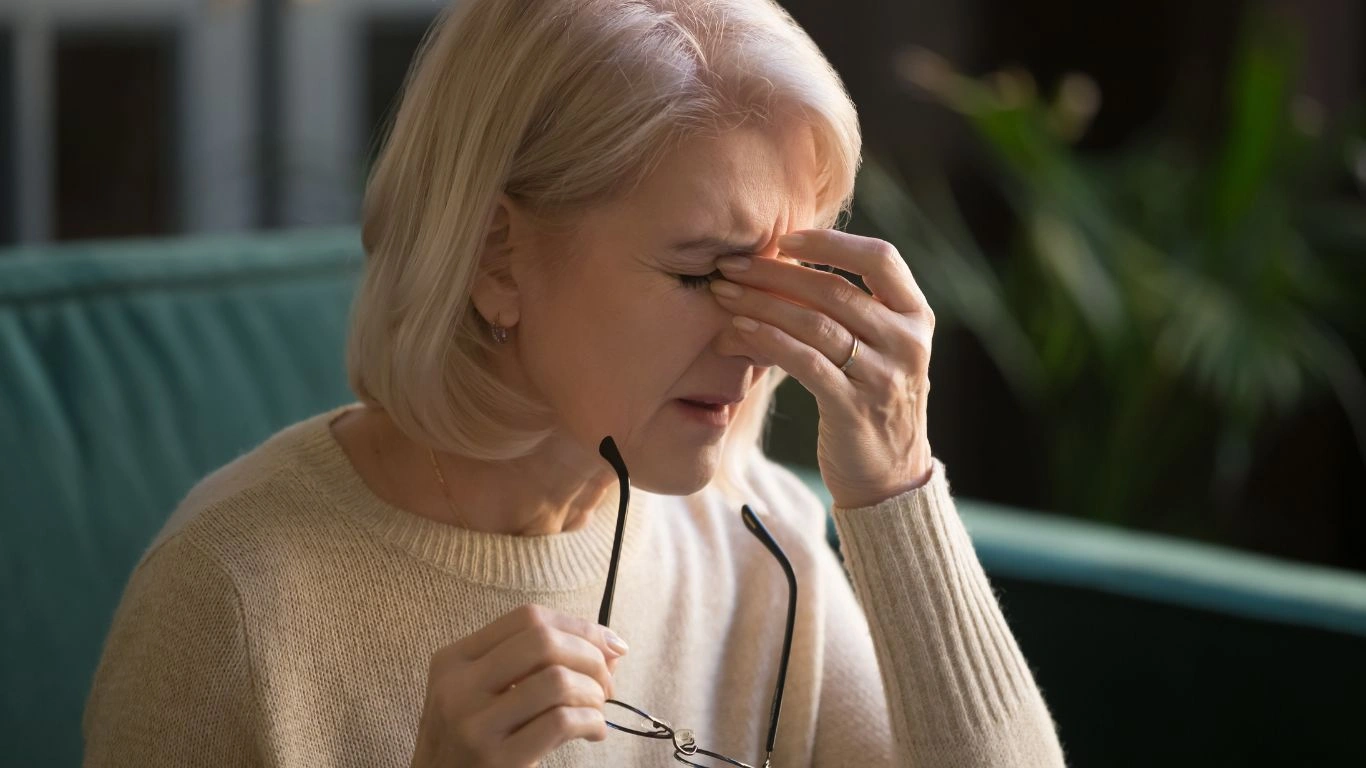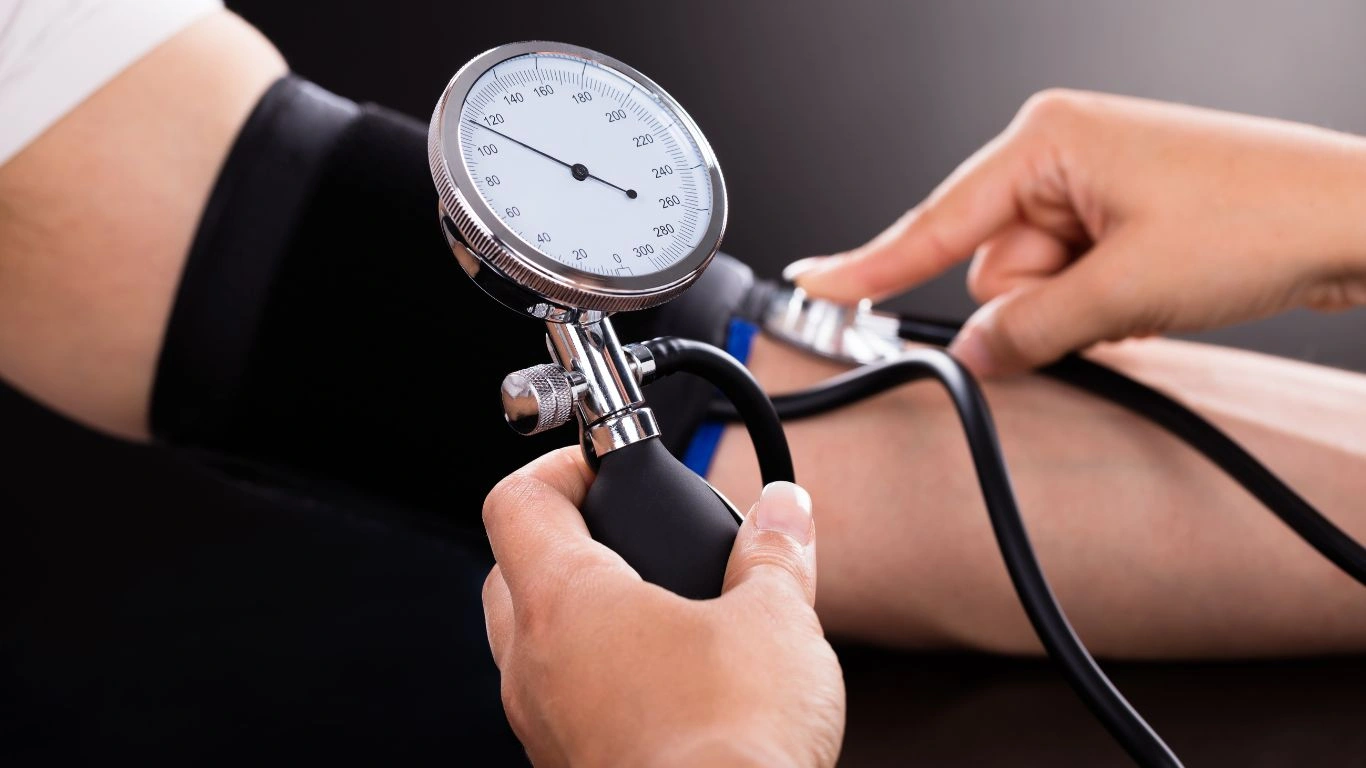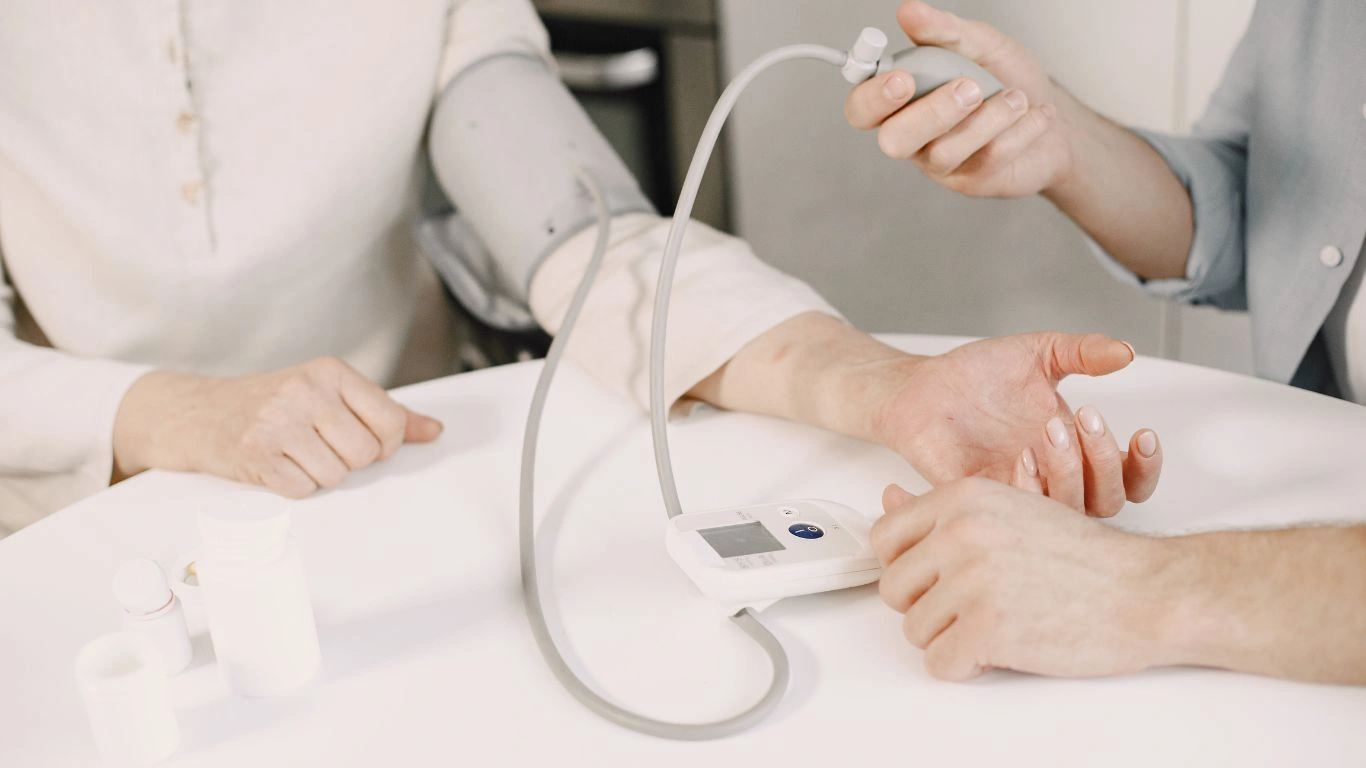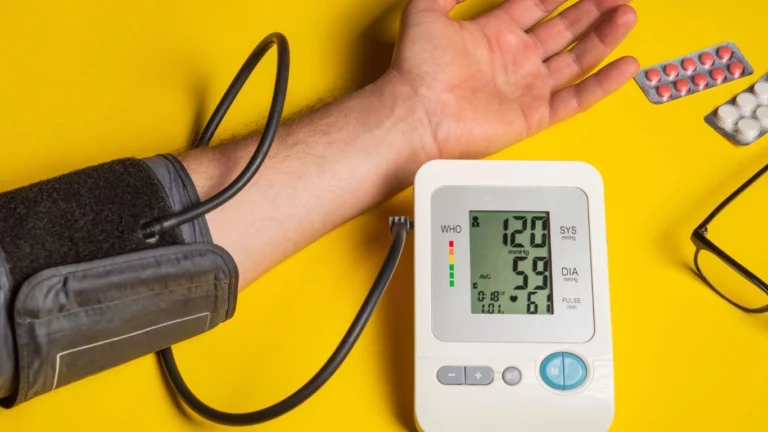How Blood Pressure Fluctuates During the Day: A Complete Guide
Curious about how your blood pressure changes throughout the day? You’re not alone! Many people experience natural fluctuations in their blood pressure. In this guide, we’ll break down how and why blood pressure fluctuates and what it means for your health. Let’s dive in!
Understanding Blood Pressure: The Basics
Blood pressure refers to the force of blood against the walls of your arteries as your heart pumps it through your body. It’s typically measured with two numbers: systolic (the top number) and diastolic (the bottom number). The systolic pressure is the force when your heart beats, and the diastolic is when it rests between beats.
Normal blood pressure is usually around 120/80 mmHg. But here’s the thing—your blood pressure isn’t static. It changes throughout the day for various reasons.

Why Does Blood Pressure Fluctuate?
Blood pressure fluctuates naturally as part of your body’s way of responding to different situations. This is completely normal! Several factors influence these changes, including your physical activity, stress levels, diet, sleep patterns, and even the time of day.
1. Time of Day
Blood pressure tends to be lower when you first wake up and gradually increases throughout the day. This is partly due to the body’s internal clock (circadian rhythm), which controls various physiological functions, including blood pressure.
Most people see their blood pressure peak in the late morning or early afternoon, as they go about their daily activities. Afterward, it generally drops again by the evening as your body winds down.

2. Physical Activity
Exercise has a direct impact on blood pressure. When you work out, your heart pumps faster and harder to meet the increased demand for oxygen in your muscles, leading to a temporary rise in blood pressure. However, regular physical activity helps lower your resting blood pressure over time, which is great for heart health.
3. Stress
When you’re stressed or anxious, your body releases hormones like adrenaline and cortisol. These hormones cause your heart to beat faster and your blood vessels to narrow, leading to a temporary spike in blood pressure. Over time, chronic stress can contribute to long-term high blood pressure (hypertension).
4. Diet and Hydration
What you eat and drink also affects your blood pressure. High-sodium foods (like processed snacks or fast food) can cause your blood pressure to rise. On the other hand, staying hydrated helps maintain blood volume, which can contribute to stable blood pressure levels.
Eating meals, especially large ones, can also cause a slight increase in blood pressure as your body directs blood to your digestive system to help with digestion. A large amount of caffeine, alcohol, or sugary foods can also cause temporary fluctuations.
5. Sleep Patterns
Good quality sleep plays a significant role in blood pressure regulation. Lack of sleep or poor sleep quality can contribute to higher blood pressure. During deep sleep, your blood pressure naturally drops, which is why good sleep is considered protective for heart health.

What to Expect in a Day of Blood Pressure Readings
It’s normal to see variations in your blood pressure throughout the day. Here’s a breakdown of what you might experience:
Morning:
Most people’s blood pressure is at its lowest when they first wake up. After getting up and starting your day, it may increase a little as your body begins to become more active. This is a natural response to the body’s circadian rhythm.
Midday to Afternoon:
Blood pressure typically rises during this time as your body responds to the demands of daily activities, work, meals, and physical exertion. For many people, it peaks around mid-to-late afternoon, especially after meals or physical exertion.
Evening:
By evening, blood pressure generally starts to decrease. After a busy day, as your body prepares for rest, your heart rate and blood pressure naturally drop. It’s an essential recovery phase for your body.
Night:
During sleep, your blood pressure drops even further, reaching its lowest point. This period of lower blood pressure gives your heart and arteries a much-needed break. This decrease in blood pressure during the night is part of your body’s repair process.

Factors That Can Cause Blood Pressure to Fluctuate Abnormally
While natural fluctuations are normal, certain factors can cause blood pressure to spike or dip to abnormal levels. These include:
1. Hypertension (High Blood Pressure):
Consistently high blood pressure can cause persistent fluctuations that can damage your arteries, organs, and increase your risk of heart disease.
2. Hypotension (Low Blood Pressure):
If your blood pressure drops too low, you may experience dizziness, fainting, or even shock. Certain medications, dehydration, or blood loss can cause this condition.
3. Medication:
Some medications, especially those for high blood pressure or heart conditions, can cause your blood pressure to fluctuate. Make sure to discuss any concerns with your healthcare provider.
4. Underlying Health Conditions:
Conditions like kidney disease, diabetes, or heart disease can lead to abnormal blood pressure fluctuations.
How to Manage Blood Pressure Fluctuations
If you’re noticing large fluctuations in your blood pressure, here are some tips to help manage it:
1. Monitor Regularly
Take your blood pressure regularly, at different times of the day, to get an accurate picture of your health. Tracking it over time can help you identify patterns and discuss any concerns with your doctor.
2. Maintain a Healthy Diet
Eat a balanced diet with plenty of fruits, vegetables, whole grains, and lean proteins. Limit your intake of sodium, alcohol, and caffeine, which can all contribute to blood pressure changes.
3. Stay Active
Regular exercise can help lower blood pressure and stabilize fluctuations. Aim for at least 150 minutes of moderate exercise per week.
4. Manage Stress
Practice relaxation techniques like meditation, yoga, or deep breathing exercises to keep stress levels under control.
5. Sleep Well
Get enough sleep each night to support healthy blood pressure. Aim for 7-9 hours of sleep for optimal heart health.
Conclusion
Blood pressure naturally fluctuates throughout the day as part of your body’s normal functioning. While this is typically nothing to worry about, paying attention to your blood pressure and understanding the factors that impact it can help you maintain a healthy lifestyle. If you notice persistent or extreme fluctuations, it’s important to consult a healthcare professional to rule out any underlying health issues.
Appendices
FAQs
- Why does my blood pressure rise in the morning? It’s due to your body’s circadian rhythm. Blood pressure naturally increases in the morning as your body wakes up and starts to become more active.
- Can stress affect blood pressure throughout the day? Yes! Stress can cause temporary spikes in blood pressure, especially during stressful events or situations.
- Is it normal for my blood pressure to drop at night? Yes, blood pressure naturally drops while you sleep, allowing your heart and arteries to rest and recover.
- How can I track my blood pressure fluctuations? Use a home blood pressure monitor to take regular readings at different times throughout the day and night.
- What should I do if I notice large fluctuations in my blood pressure? Consult with a healthcare provider to identify any underlying causes or medical conditions that could be contributing to abnormal fluctuations.
References
- American Heart Association (2024). Understanding Blood Pressure. Read Article
- Smith, J. & Anderson, L. (2022). The Impact of Sleep on Blood Pressure. Journal of Cardiovascular Health, 45(2), 234-240. Read Article
- National Institute of Health (2023). Blood Pressure Variability and Health Outcomes. Read Article
Disclaimer: The information provided in this article is for educational purposes only and does not substitute for professional medical advice. Always consult with a healthcare provider for personalized care and guidance on managing blood pressure.

Dr. Gwenna Aazee is a board-certified Internal Medicine Physician with a special focus on hypertension management, chronic disease prevention, and patient education. With years of experience in both clinical practice and medical writing, she’s passionate about turning evidence-based medicine into accessible, actionable advice. Through her work at Healthusias.com, Dr. Aazee empowers readers to take charge of their health with confidence and clarity. Off the clock, she enjoys deep dives into nutrition research, long walks with her rescue pup, and simplifying medical jargon one article at a time.






